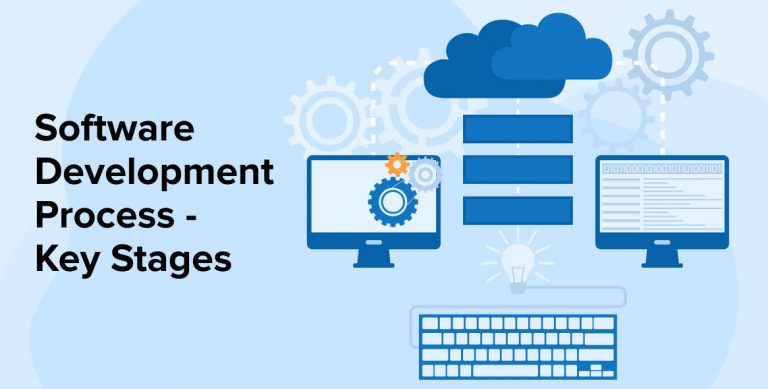The 23rd World Insights
Exploring the untold stories and events from around the globe.
Code Like a Pro: Secrets They Didn’t Teach You in School
Unlock the coding secrets that schools overlook! Level up your skills and code like a pro today!
Mastering Version Control: The Essential Git Tips You Never Learned
Version control is an essential skill for developers, but many never fully grasp its power or utility. In this guide, we will explore some essential Git tips that can help you master version control more effectively. First off, understanding the importance of commit messages is crucial; writing clear, concise, and informative messages helps not only you but also your collaborators track changes and understand the project’s evolution over time. Additionally, make use of branches: branching allows you to work on new features or fixes without disrupting the main codebase, ensuring that your project remains stable while you experiment and innovate.
Another vital tip for mastering Git is to utilize tags to mark specific points in your project's history. This is especially useful for releases, allowing you to return to a stable version easily. Moreover, familiarize yourself with interactive rebase, a powerful tool that enables you to rewrite commit history, amend previous commits, or merge multiple commits into a single one. Lastly, don't overlook the value of reviewing your code with tools like diff and status, which provide clarity on changes and help maintain code quality. By incorporating these essential Git tips, you will enhance your workflow and collaboration within any development project.

Debugging Like a Wizard: Advanced Techniques to Solve Code Mysteries
Debugging is not just about fixing errors; it's an art that requires a wizard's touch. To master the realm of advanced debugging techniques, one must first grasp the importance of thorough code analysis. Start by implementing logging strategically throughout your code. By using console.log() statements to track variables and function calls, you can unveil the hidden patterns behind elusive bugs. Moreover, employing stack traces can provide invaluable insights into the flow of your program, allowing you to pinpoint the exact location of the issue with precision.
Another powerful technique in your debugging toolkit is the use of interactive debuggers. Tools like Chrome DevTools, Visual Studio Code, or PyCharm offer features such as breakpoints and step-through execution that enable you to pause your code at critical junctures, inspect the current state, and evaluate variables in real-time. This can often reveal not just the symptoms of a problem but also its root cause. Remember to document your findings and solutions as you go along; creating a debugging journal will not only help you keep track of your progress but also serve as a reference for future code mysteries.
The Art of Code Reviews: How to Give and Receive Feedback Effectively
The art of code reviews lies in fostering an environment where constructive feedback is not only welcomed but actively encouraged. A well-executed code review process should begin with clear guidelines on what to look for, such as code readability, functionality, and adherence to established coding standards. Reviewers should approach each submission with a mindset of collaboration, aiming to enhance the code while also empowering the author. Techniques such as using checklists or templates can further streamline the process, ensuring that essential aspects are consistently addressed.
Equally important is the manner in which feedback is given and received. To effectively share feedback, it is crucial to be both specific and respectful. Instead of vague comments, reviewers should provide actionable suggestions that help the developer understand the changes needed. On the other hand, receiving feedback is an opportunity for growth; authors should remain open-minded and view critiques as a chance to improve their skills. By creating a safe space for dialogue and reflection, teams can enhance both their coding practices and their collaborative spirit, ultimately mastering the art of code reviews.